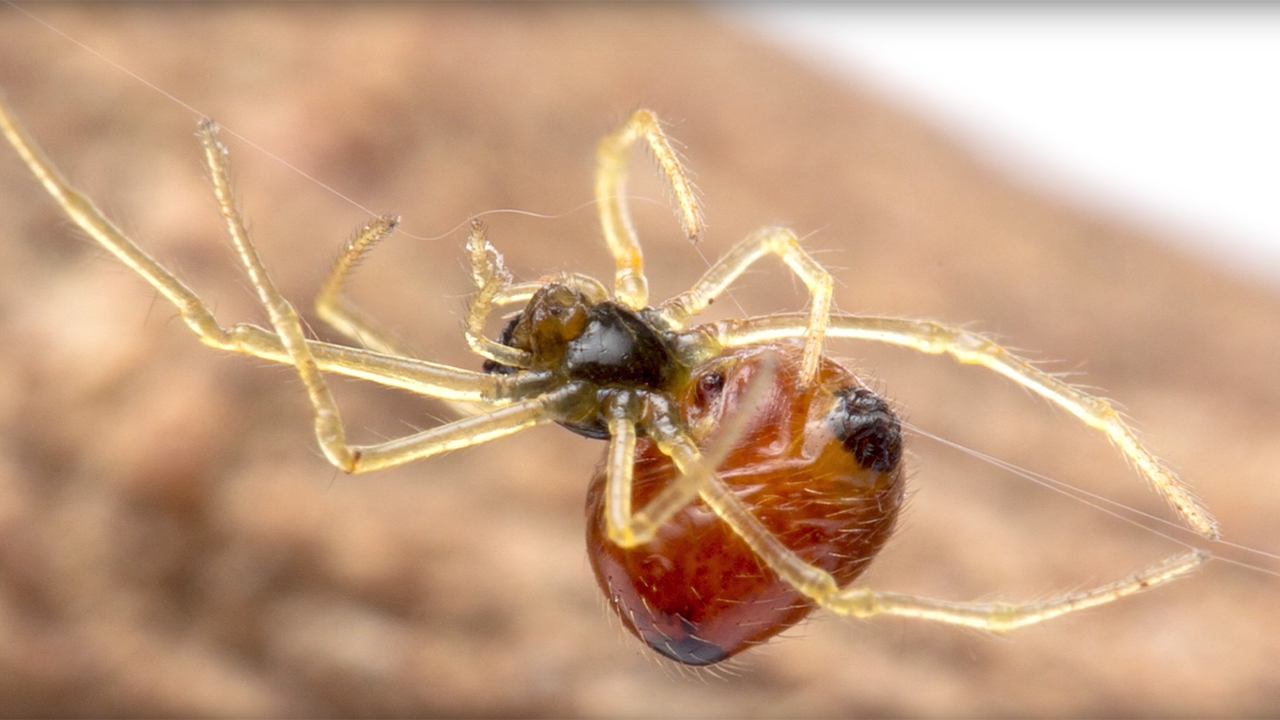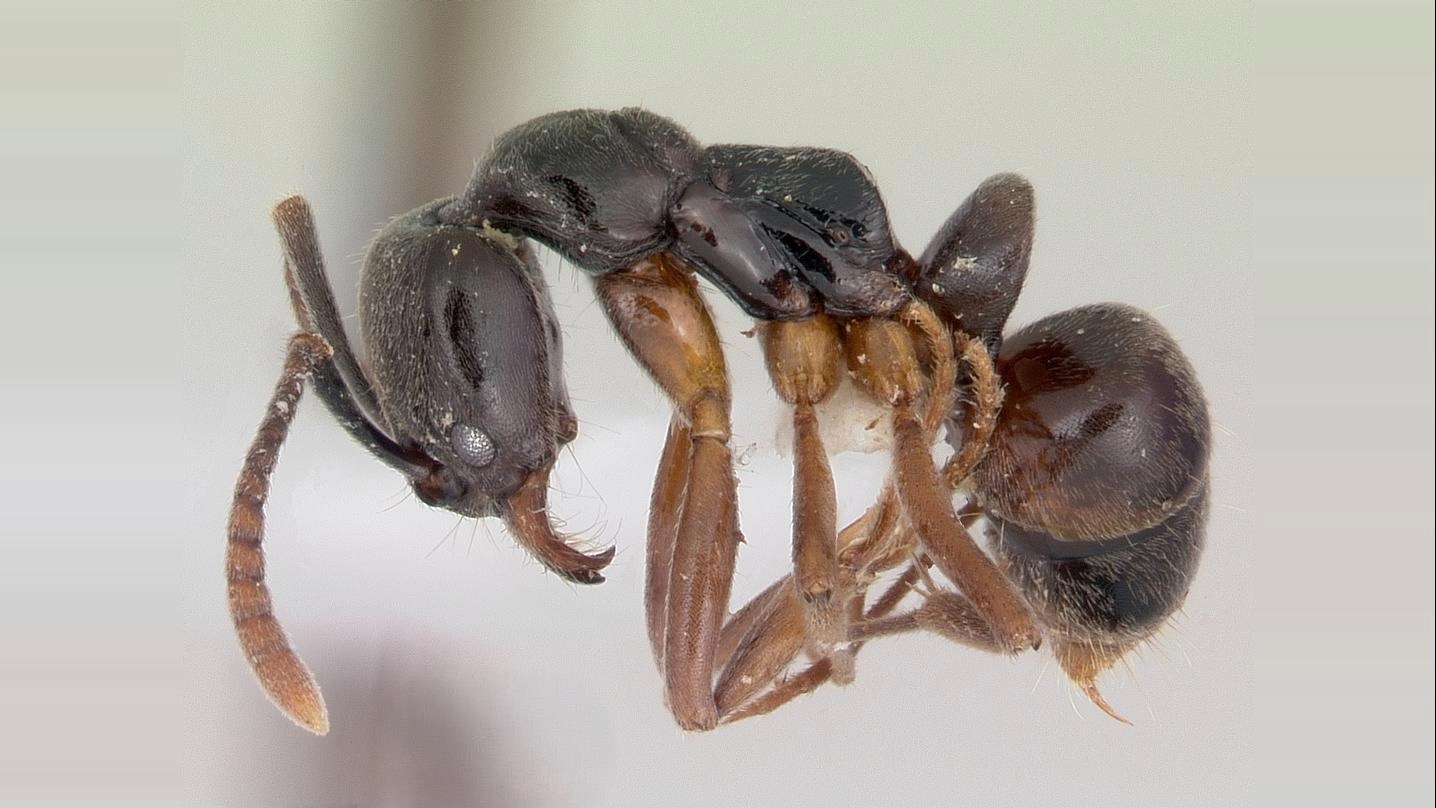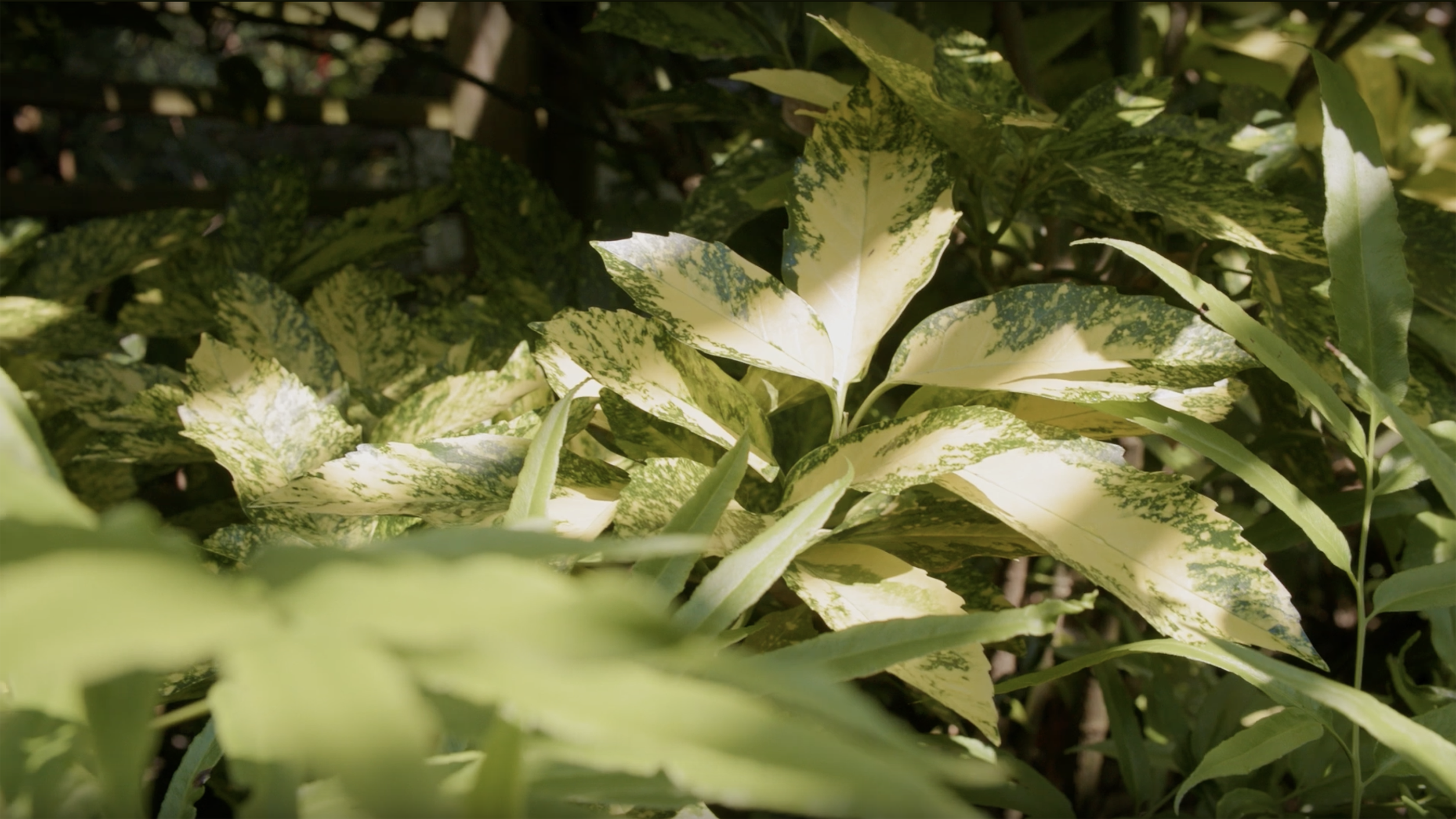While some folks may view spiders as dangerous or creepy creatures to be destroyed, a closer look reveals one of nature’s most unique and beneficial animals. From the itsy bitsy to the giant (see Carolina wolf spider), North Carolina is home to a vast array of arachnids.
There are roughly 700 species of spider across North Carolina in all different habitats (including your home).
Your spidey sense may be tingling, but don’t let it send the wrong signal! The vast majority are friendly neighborhood spiders doing all of us a service, and chances are good you’ve been living peacefully alongside spiders for some time. As with all things in nature, caution is still needed in certain situations, as there are poisonous spiders in North Carolina whose bites can be problematic.
Discover more as our expert entomologist at NC State, Matt Bertone, reviews the amazing spiders of North Carolina!
Common Spiders in North Carolina
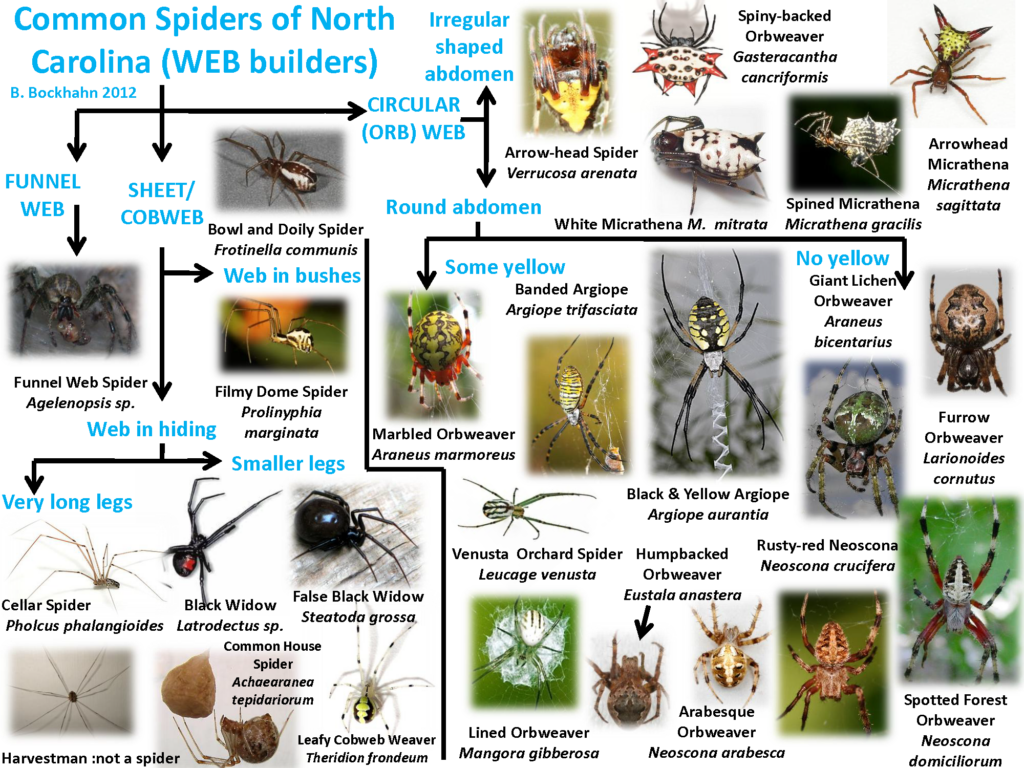
Tips for Avoiding Spider Bites
Movies and media often spin a misleading narrative, portraying spiders as aggressive, blood-thirsty monsters that are out to get us. In reality, spiders are just as scared of humans as we are of them.
Some spiders can live for 40 or more years, while other spiders can go more than a year without food.
Still, a little caution and foresight can go a long way. Note some simple tips to reduce your risk of a bite:
- Always check for spiders before sticking your bare hands into dark corners or areas where you can’t see your fingertips.
- Always wear work gloves when handling boxes, firewood, lumber and other items that have been left in storage or undisturbed for long periods of time.
- Shake out and inspect clothing and shoes that have been left undisturbed for some time to dislodge any spiders before wearing.
Most spider bites will be insignificant, but just as bee and wasp stings may trigger allergic reactions in some people, the same can be true for spider bites. Young children, the elderly and hypersensitive individuals are more likely to experience a stronger reaction to a spider bite.
While nearly every species of spider produces venom, very few of those spiders — particularly in North Carolina — are able to deliver a dangerous bite to humans. In this region, the two best-known poisonous spiders capable of inflicting a serious bite are the black widow and the brown recluse.
If you may have been bitten by a black widow or brown recluse, carefully apply ice or a cold-pack to the bite and seek medical attention. If you catch the suspect spider — don’t take unnecessary risks! — take pics or bring it along for positive identification.
You can also take it to the Extension center in your county or submit samples to NC State’s Plant Disease and Insect Clinic for feedback.
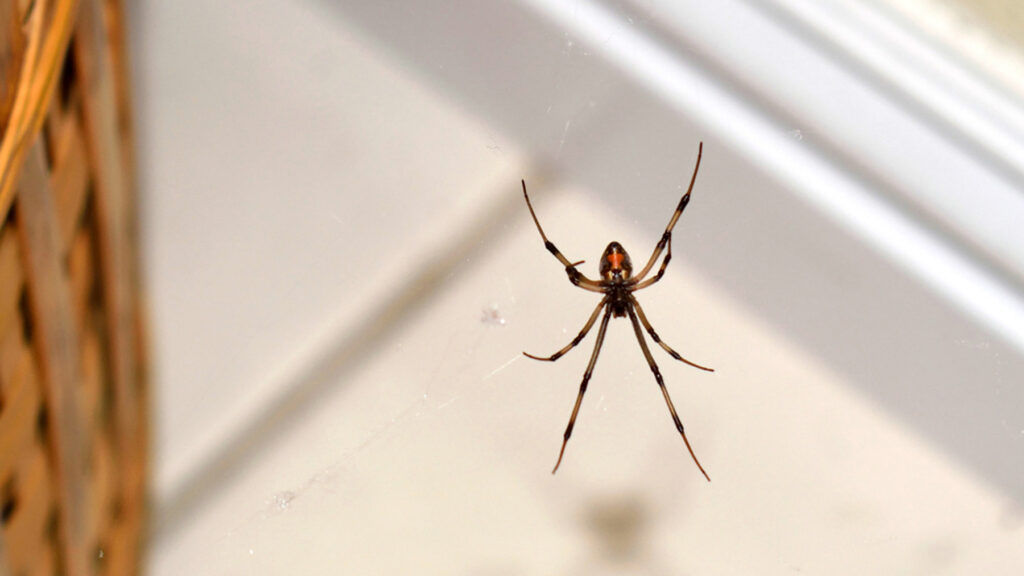
Society’s Spin Doctors
Arachnophobia is one of the most common phobias in the U.S. and globally. It’s estimated that nearly one-third of Americans, or approximately 100 million people, identify as having a fear of spiders.
Lest you blush after a spider-induced squeal, scientists are increasingly confident that a fear of spiders stems from a survival instinct, and is not an “irrational” response as many definitions still read.
Despite the fear they can create in people, spiders are far more beneficial than detrimental. Their efficient hunting skills prevent pests like earwigs, flies, mosquitoes, roaches and other crawly critters from inundating our homes. Spider silk, often used in bandages, is the strongest, most flexible natural biomaterial we’ve found. Australian researchers even believe that spider venom — yes, venom — may limit brain damage in stroke victims.
Spiders play a critical checks and balances role in our ecosystem, preventing insects from becoming a dominant and destructive force on Earth.
Spiders also help combat the most dangerous animal in the world: the mosquito. Mosquitoes kill roughly 1 million humans each year, more than any other animal. By keeping mosquito and other key pest populations in check around the world, spiders provide essential protection for farmers’ crops and our food supply.
So are spiders creepy and crawly or magnificent and misunderstood? That’s a tangled web indeed, but we’ll let you be the judge.
- Categories:
